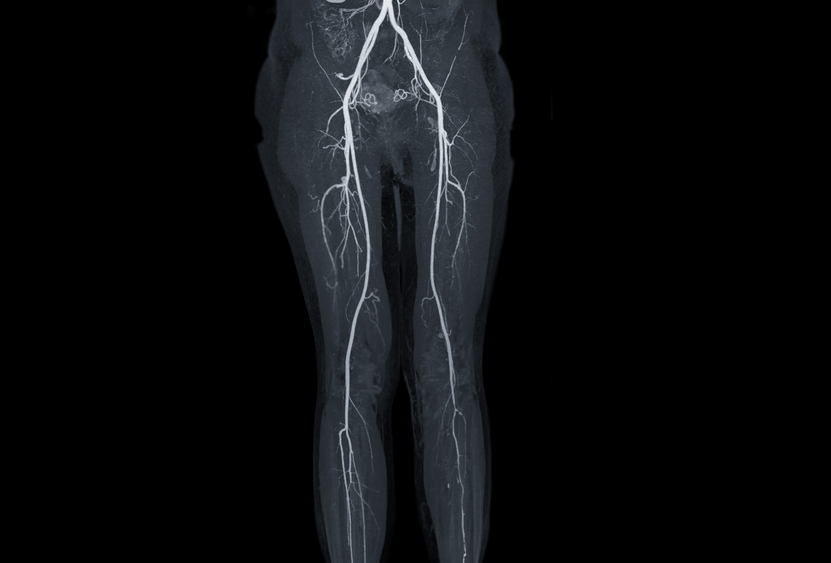“My Legs are Tired”
People who experience poor circulation often see changes in the color of the skin of their legs and encounter problems walking long distances. As one person described, “I have to sit down because my legs get tired.” After taking a brief break, the discomfort or fatigue subsides, and they are able to continue walking. Furthermore, some people report leg pain during sleep that is relieved by sitting on the edge of the bed or in a chair. This type of pain reflects extremely poor circulation because the force of gravity is assisting in the movement of blood toward the feet. If any of this sounds familiar, you need to see your doctor soon. Many times you may not know that your circulation is poor so screening by your doctor can help. Other times you may develop an ulcer or sore that is very slow to heal.
Circulation Problems are Worse in African Americans
Many studies have shown that there are significant differences in the treatment, management, and outcomes for patients with peripheral vascular disease (PVD) and limb ischemia (pain due to poor circulation), particularly when it comes to race. Specifically, African-American patients with peripheral vascular disease (PVD) are more likely to have amputations of limbs (usually their legs) and less likely to receive procedures designed to open their circulation, when compared to their Whites. These disparities highlight the urgent need to address physician biases and improve access to appropriate medical care for all patients, regardless of race or ethnicity.
More Amputations Because We Wait Too Long
In a study, it was found that African-Americans had a significantly higher risk of leg amputation compared to White patients. Researchers discovered that the difference was White patients sought treatment in the earlier stages of their peripheral vascular disease (PVD), but Black patients tended to seek care only when their condition had become severe. As a result, African Americans tended to have more advanced disease at the time of hospital admission, which was associated with worse a prognosis. The study suggests that the lack of access to doctors and medical care in Black communities was a major contributor to this disparity.
Please Stop Smoking

The Jackson Heart Study conducted research on African Americans and found that smoking cigarettes had a direct connection to peripheral vascular disease. In addition, the severity of the disease was also linked to the number of cigarettes smoked per day. The research also revealed that African Americans who smoke are at a higher risk for peripheral artery disease compared to Whites. Specifically, the risk was found to be twice as high for African Americans who smoke.
Lower Your Cholesterol
The moral of the story is that it is important to quit smoking as early as possible and to maintain healthy cholesterol levels in order to prevent more serious illnesses related to your circulation. To reduce the buildup of plaque in your arteries, taking a medication such as a statin has been shown to be effective. Therefore, it is crucial to prioritize your health by making lifestyle changes and taking necessary medications to prevent the onset of advanced diseases.











